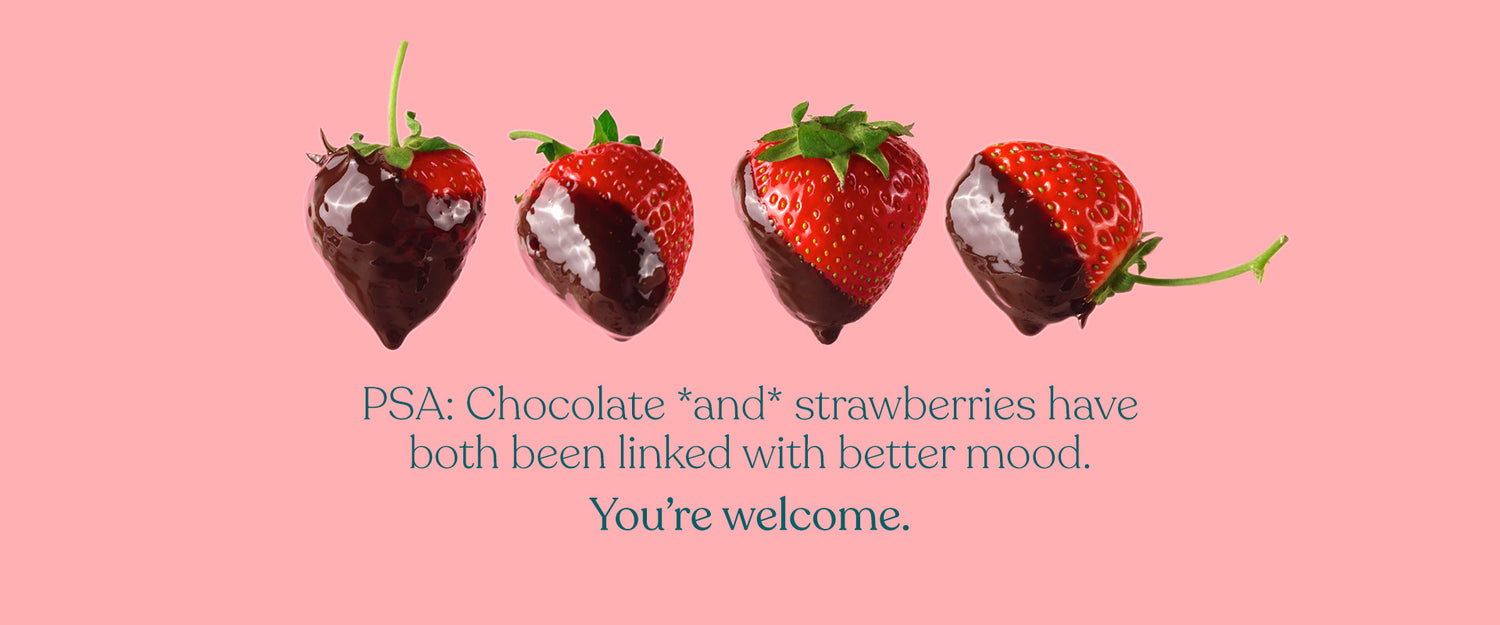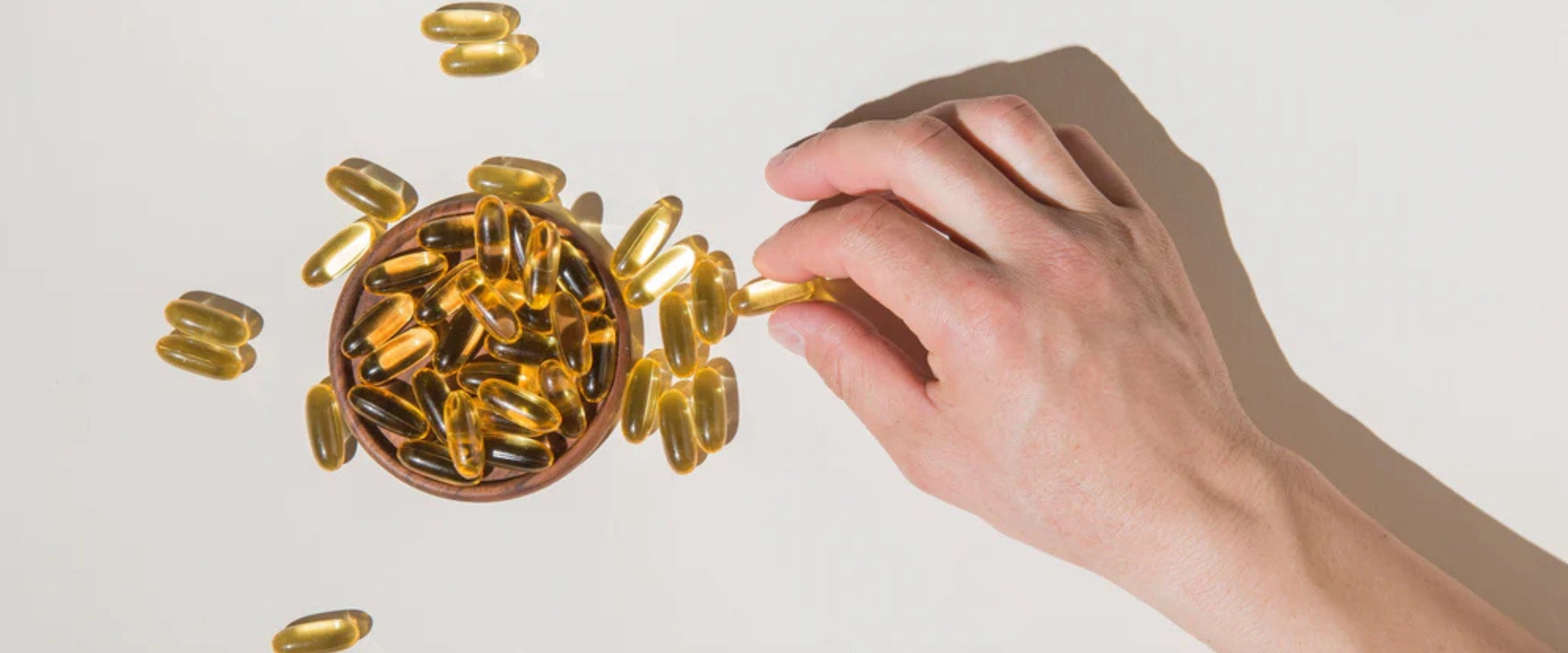No one can feel chipper all the time. But you can nudge yourself toward a better mood in some surprising ways.
No one can feel chipper all the time. But you can nudge yourself toward a better mood in some surprising ways.
We’ve all been going through it during the last couple of years. Some days, sustaining a degree of optimism or a trace of a sunny disposition can feel borderline impossible given global events—and that’s before factoring in any personal challenges.
That’s why it’s more vital than ever to use gentle, easy strategies for a balanced mood.
Before we go any further, note that if you’re dealing with mental health challenges or diagnoses, it’s important to speak with a trusted health care provider. The steps below can help lay the foundation for a balanced mood, but additional support may be necessary.
So: What can you do to move toward a “things-aren’t-so-bad” kind of mood today?
Move in whatever way makes sense for you
It’s no secret that exercise boosts mood—and you don’t need to commit to hours at a time to reap the mood-related benefits. A 2019 study found that just 15 minutes a day of high-intensity exercise (like running) reduces the risk of major depression. Not big on running? An hour of lower-intensity activity (like brisk walking or even housework) was shown to be similarly protective.1
Go where it’s green
If you want to experience even more mood-elevating benefits, go for your run or walk in a green space. Nature soothes a troubled mind. The Romantic poets figured this out a long time ago (looking at you, John Keats); now, science is catching up. One study discovered that walking in a park-like setting for 90 minutes reduced rumination (aka getting stuck in one’s own head, mulling over problems or stressors).2 Walking in urban areas didn’t soothe those spiraling thoughts in the same way.
Eat mood foods …
No doubt you’ve heard certain foods can boost your mood. Chocolate is probably the most famous one3 (because who doesn’t welcome another reason to buy artisanal dark chocolate)?
Fermented foods are another big one. Research indicates the probiotics (good bacteria) in foods like yogurt, kefir, and sauerkraut support gut health and, by extension, a better mood.4 In fact, gut health and mental health are so closely linked, research into the “gut-brain axis” has exploded. One possible reason for the constant DMing between your gut and your brain? About 90% of the feel-good hormone serotonin is produced in your gut—some of it by bacteria that live there, and some if it by gut cells that rely on helpful bacteria to produce serotonin.5 And since probiotics help boost the numbers of good bacteria in your gut, they may also influence your production of serotonin.6
Eating fatty fish is modestly associated with lower risk of depression,7 and many fresh fruits and veggies are linked to better mental health, including dark leafy greens, carrots, bananas, apples, citrus, and berries.8
… and understand exactly what nutrients boost mood
Knowing that a healthy, balanced diet will benefit your mood is a good starting point. But drilling down into exactly what nutrients have an outsized effect on mood, and then ensuring you get enough of those nutrients, is next level.
Vitamin B12 and folate
For example, in 2020, a study reaffirmed that while a healthy diet reduced the odds of depression, an unhealthy diet increased the odds of depression. But the study authors went one step further to ask: What specific nutrients seemed to really make a difference? They found that higher levels of vitamin B12 (found in meat, eggs, dairy, nutritional yeast, and more) and folate (found in dark leafy greens, lentils, broccoli, and more) appeared to set the “healthy diet” apart from the “unhealthy diet” in terms of mood support.9
Specific probiotic strains
It’s easy to lump all probiotics together, but there are actually many different probiotic strains. Each strain has specific benefits if you consume enough “colony-forming units,” or CFUs, of it. For example, the probiotic strain Lactobacillus helveticus Rossell®-52 has been found, in combination with another probiotic strain, to have a beneficial effect on mood if taken daily.10 The same can’t be said of every other probiotic strain with a fancy Latin name.
How do you know which probiotic strains (and how much of each one) you’re getting in a couple scoops of, say, kimchi? You don’t. That’s why it’s a good idea not to rely on fermented foods alone for your probiotic needs.
Omega-3s
The mood-supportive effects of regular fish consumption come down to two long-chain fatty acids, or omega-3s. These two healthy fats have spectacularly long names, so are better known by the abbreviations “EPA” and “DHA.” EPA and DHA show great promise in balancing mood, possibly because they easily pass through the blood-brain barrier. This gives them a direct route to influence mood-related chemicals.
It’s important to note that studies that have found positive mood effects for EPA and DHA have used a range of doses, with the lower end being around 1 g a day. To consume even that much EPA and DHA through diet, you’d need to eat a good chunk of, say, salmon at least three times a week.11
Need a top up?
At True Grace, we create supplements packed with the nutrients you’re looking for to support your health.* We always use meaningful amounts of ingredients—never just a sprinkle or a dash.
- If you’re looking for a multivitamin that contains 200% of your daily value of vitamin B12 and at least 100% of your daily value of folate, we’ve got you covered.*
- If you want to ensure you get a clinically guaranteed amounts of specific probiotic strains (including 3 billion CFU of Lactobacillus helveticus Rossell®-52 at time of manufacture), our probiotics are for you.*
- If you’re interested in omega-3s but worried about global overfishing, our sustainable omega-3 fish oil is the perfect way to ensure you get 1.4 g of EPA and DHA each day.*
Plus, we recently launched a line of USDA certified organic medicinal mushroom extracts, including a lion’s man extract. Lion’s mane supports mental clarity.*
Ready for supplements that support you feeling your best?*
*These statements have not been evaluated by the Food and Drug Administration. These products are not intended to diagnose, treat, cure, or prevent any disease.




